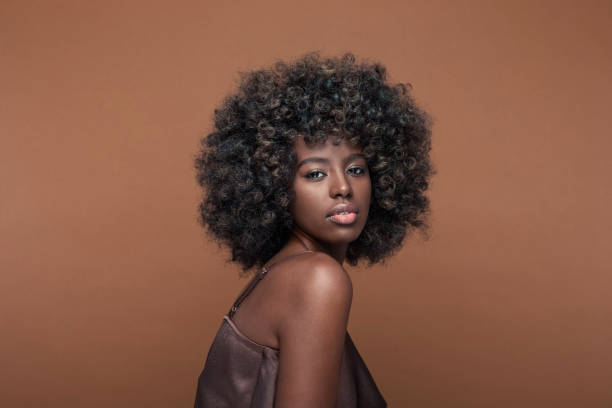
A few years ago, over 40% of licensed dermatologists disclosed that their medical training didn’t adequately prepare them for diagnosing skin issues specific to African Americans. Though this may seem shocking, it mirrors the overall healthcare disparity when it comes to treating Black people. Fortunately, some dermatologists have the necessary know-how and they want to make sure you have that information too.
1. Black Skin Is More Prone To Dark Spots
Something you may have already noticed is that pimples or rashes can be replaced with dark spots. These spots happen because the inflammation that comes from acne or skin conditions like eczema results in hyperpigmentation. In hyperpigmentation, the skin’s natural melanin is deposited in the area that was affected by inflammation. As such, you’ll see dark spots.
While it’s best to prevent the inflammation in the first place, you can treat dark spots using a gentle exfoliant. Products that contain mild alpha hydroxy acids and a retinoid can help lift dark pigments.
2. Skin Conditions Can Look Different On Black Skin
Studies show that African Americans are more likely to be affected by skin conditions such as eczema and psoriasis. Unfortunately, they sometimes go undiagnosed because the symptoms can look different than in other ethnicities.
For example, when Black people have psoriasis, the affected areas can appear violet with an ash gray tone. For comparison, white skin appears pink or red with the same disease.
RELATED: Why Treating Acne Correctly is Important for Blacks
3. You Should Be Careful With Laser Treatments
Many people opt for laser treatments to remove hair. However, not all lasers are great for Black skin. If the specialist doesn’t use the right laser, you may experience burns and scarring in the area that’s being treated.
Dermatologists recommend working with professionals who have conducted treatments on Black skin.
At the very least, they should be using the 1064 Nd: YAG laser, which operates at a wavelength that has been shown to be safe for darker skin tones.
4. Keloids Are More Likely In Black People
Studies show that the way Black skin heals can make you more prone to developing keloids. When the skin has been damaged, fibroblasts and healing cells are integral in the repair process. With African Americans, this process can go awry and result in discolored and raised areas known as keloids. If you have a family history of keloids, it’s best to avoid damaging your skin. People who still develop them should see a dermatologist quickly so they can start treating the issue.
5. Black Women Deal With Hair Loss More Often
Believe it or not, hair loss is also a skin issue. That’s because the problem originates from abnormalities with the scalp.
While the condition is known as traction alopecia, most people have noted that hair loss usually extends past the original area. As such, dermatologists recommend that you see a professional immediately if you think you may be having this type of hair loss.
RELATED: 5 Healthy Acids To Help Soothe Your Dry Skin
6. You Don’t Have To Get Razor Bumps
Since so many Black people get razor bumps when they shave, it’s easy to assume that they’re inevitable. However, you can prevent them by changing the way you shave.
The tight curls of Black hair typically curve backward, which pierces the skin and causes the razor bumps that you see. To prevent this from happening, you need to avoid aggressive shaving and stop using store-bought razors. Instead, consider using softer techniques and equipment such as a buzzer. Skincare products that are designed to specifically deal with razor bumps can also be helpful.
7. You Still Need Sunscreen
There’s a common misconception that African Americans don’t need to wear sunscreen because they don’t get sunburn as easily as other ethnicities.
While melanin provides some protection from the sun’s radiation, Black skin will still show the effects of sun exposure. When assessed under the correct light, it’s possible to see how unprotected skin reacts to prolonged sunlight. Furthermore, the risk of developing skin cancer still exists, which should be a particular concern to Black people because of the high rates at which they go undiagnosed.
As you’re taking care of your skin, make sure to use products that are specific to Black skin. It’s also a good idea to pay keen attention to your body overall so you’re not just dealing with your face. Your body needs its own skincare routine that ensures you remain moisturized and protected from damage. Finally, if your personal routine isn’t giving you the expected results, find a dermatologist who specializes in African American skin.









